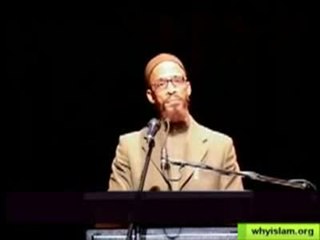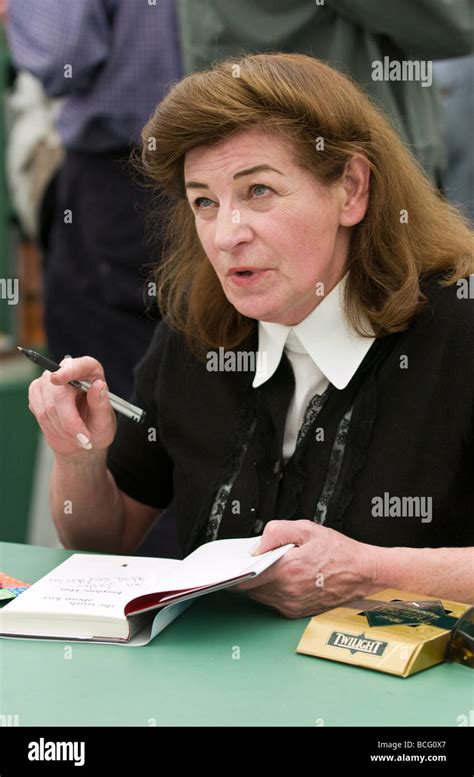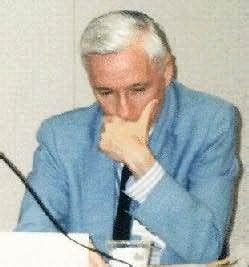A Quote by Jenny Zhang
I know I am not the first woman to ask this, but how can I be both damaged and loveable? How do I become the protagonist of a story?
Related Quotes
My great strength as an editor, I believe, is structure: I know how to reorder a piece, I know how to reach into a jumbled story and extract the important narrative. And I can do both of these things very fast. I also think I've become better at cutting text. You don't always relish it, of course, but by now I know how to distill something without sacrificing its essence.
Let’s not ask Barbara Walters about how Muslim women feel. Let’s not ask Tom Brokaw how Muslim women feel. Let’s not ask CNN, ABC, FOX, The London Times, or the Australia Times. Let’s not ask non-Muslims how Muslim women feel, how they live, what are their principles, and what are their challenges. If you want to be fair, ask a Muslim woman. Ask my wife. Ask my mother. Ask a Muslim woman who knows her religion, who has a relationship with her Creator, who is stable in her society, understands her responsibilities. Ask her.
The ways in which people are damaged are the ways in which they're strong. It's what makes people interesting - what they've overcome and how, and what they haven't and how that's become a good thing. Almost everyone's life is both a gorgeous story and a tragedy. I think being alive is really, really hard, and I'm constantly stunned and amazed by people who make it interesting and beautiful.
If I have a male protagonist, it's a studio movie, and if it's a female protagonist, it's an indie movie. That's just how it is. It's not about the studios. It's about America and who goes to see movies. Women are interested in men and women, and men aren't interested in the woman's story. They just aren't.
I wanted to take a damaged individual in a damaged society with damaged relationships between nations and take a look at how this individual survives amongst them, and that for me as a writer is the connection that you needed to get inside the skin of the main character and wonder how he's going to cope with all this.
The biggest threat to your creativity is the fear that it's already been done, said, created. (So why bother?)
Say it, do it, make it anyway - but tell YOUR story along the way.
The story of how you came to know what you know.
The story of what you want to know more of.
The story of why you do what you do.
The story of how you came to care.
And that's how you create what's never been created before.
Here I am in the garden laughing an old woman with heavy breasts and a nicely mapped face how did this happen well that's who I wanted to be at last a woman in the old style sitting stout thighs apart under a big skirt grandchild sliding on off my lap a pleasant summer perspiration that's my old man across the yard he's talking to the meter reader he's telling him the world's sad story how electricity is oil or uranium and so forth I tell my grandson run over to your grandpa ask him to sit beside me for a minute I am suddenly exhausted by my desire to kiss his sweet explaining lips.
I am not an evangelist. I am not a preacher. I am a musician. That is what I know how to do. I know how to write songs. I know how to write things that relate to my heart. I feel that I talk about God in every song, in everything I do - all of it! I really do not know how to respond. I do not relate to that.
I don't know what to say to people. It's become so big. It's become part of the cultural environment. For the first and second Twiglight, I knew exactly what to say to people. If you don't know what the story is by now, then you've probably never been to the cinema before. How about, "Why not go to the cinema for once?" I don't know.
I'm surprised how often I'm asked about being a man with a woman narrator. I'm not the first, nor will I be the last. It's been done forever, but we seem to forget that. The whole notion of "write what you know" is not just boring, but wrong. Lately it seems like every novel has to be a memoir. I'm a boring person, but I'm a writer with a relatively vivid imagination. And when people ask me about how I find the voice of a woman, I tell them that my life is run by women.
Do not ask the stones or the trees how to live, they can not tell you ; they do not have tongues; do not ask the wise man how to live for, if he knows , he will know he cannot tell you; if you would learn how to live , do not ask the question; its answer is not in the question but in the answer, which is not in words; do not ask how to live, but, instead, proceed to do so.




































